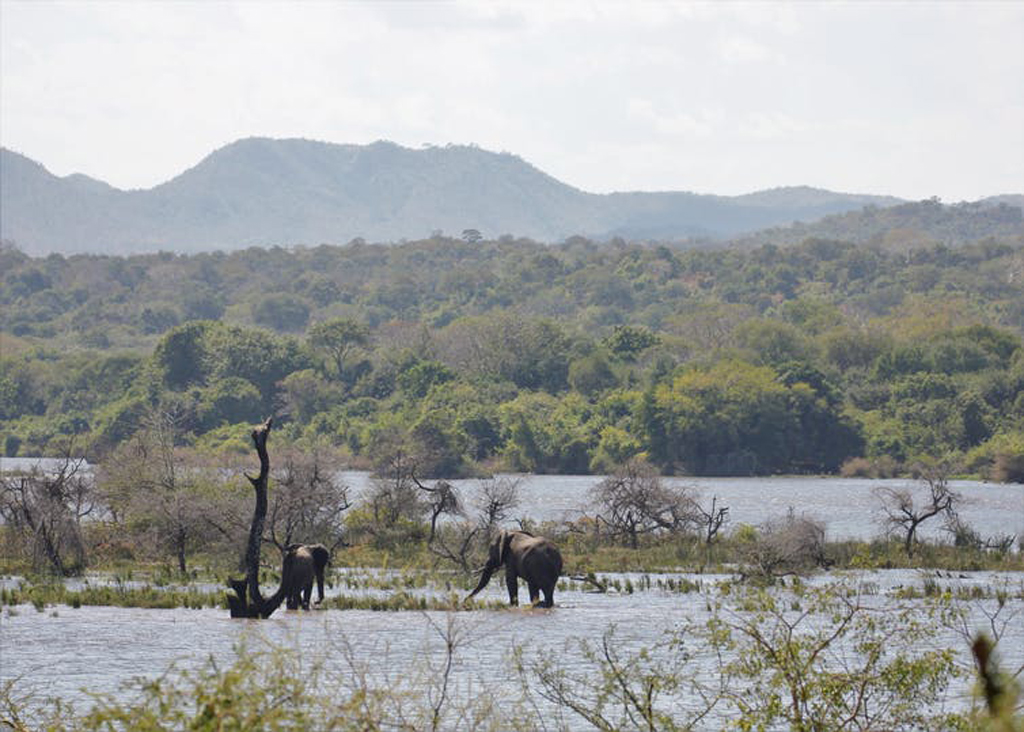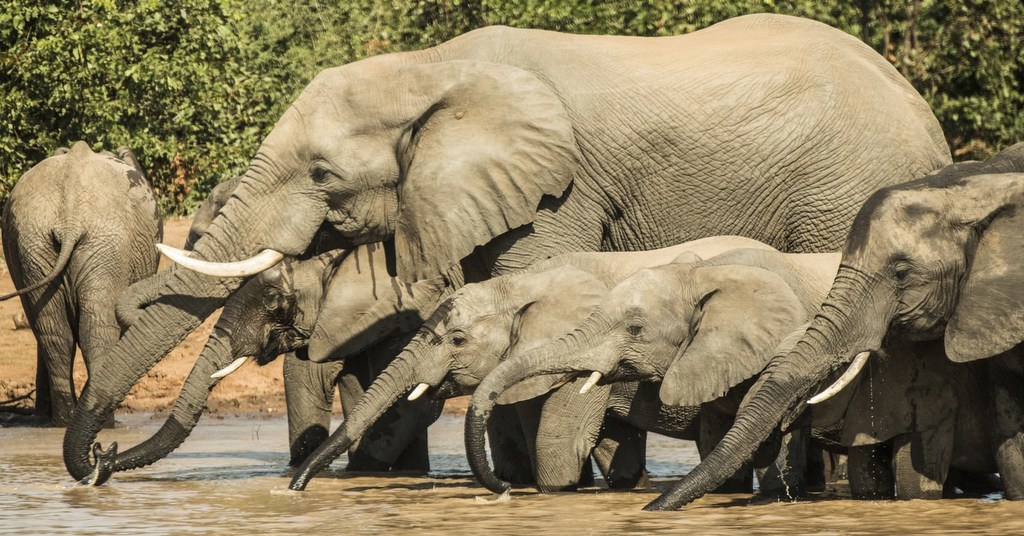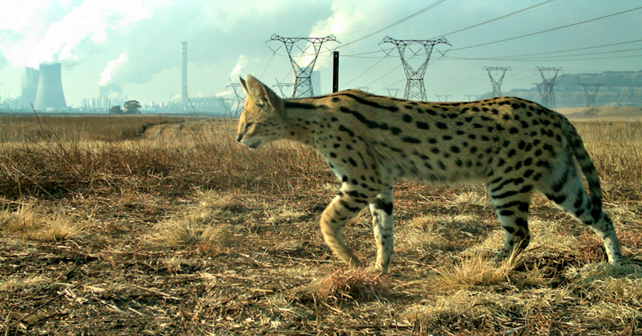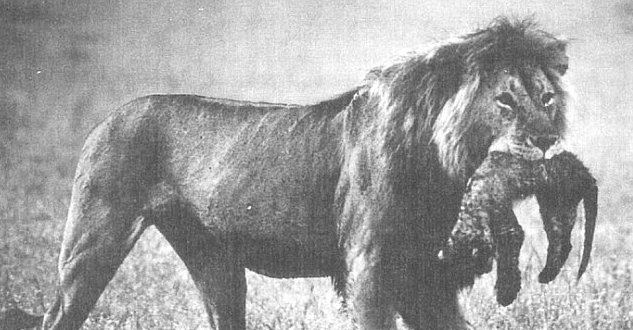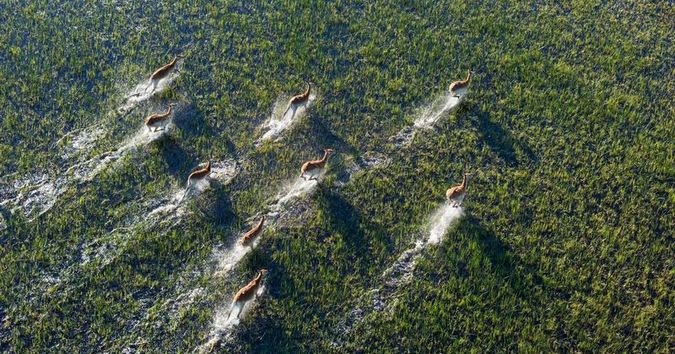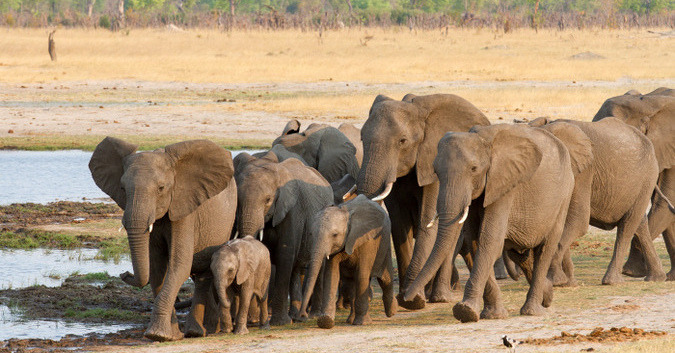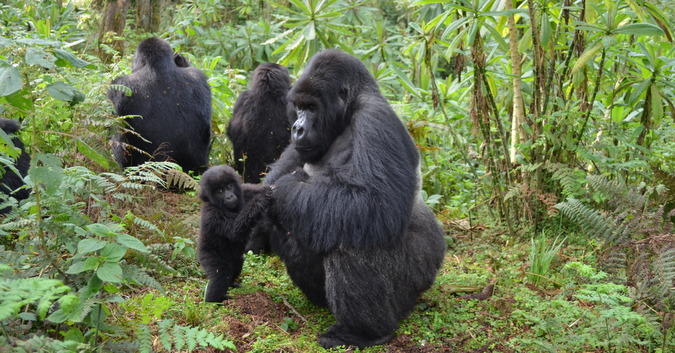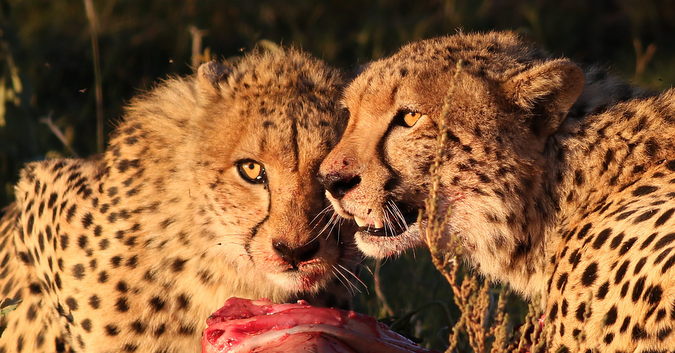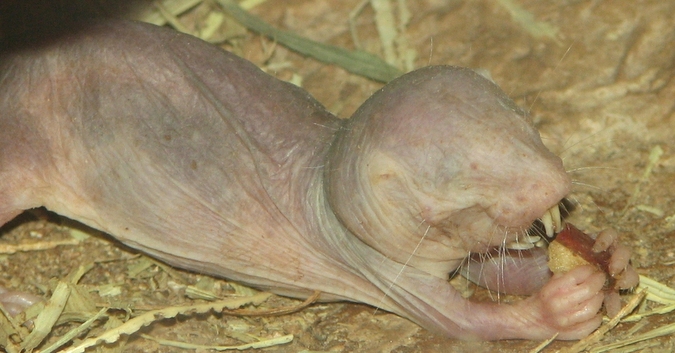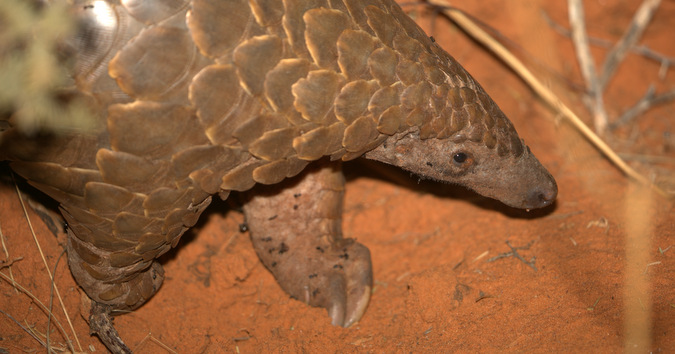Scientists suggest alternative land-use models to trophy hunting – models that are more inclusive of local people.
Tag Archives: wildlife research
Zimbabwe elephants: Report identifies existing conservation problems, calls for community involvement
Zimbabwe elephants: Report fingers ZimParks for incompetence and international NGOs for hoodwinking donors, concludes that surrounding communities have to be involved in conservation as beneficiaries.
Servals thrive at huge petrochemical plant in South Africa
Researchers have found that a petrochemical plant supports a serval population density far greater than any other site on record across the entire range of the species.
Understanding lion infanticide
Lion infanticide: A look into why lions sometimes kill the offspring of their own species.
Scientists warn that the world’s wilderness areas are disappearing
Scientists reveal that just 23% of the world’s landmass can now be considered wilderness, with the rest lost to the direct effects of human activities.
Understanding elephant migration in the world’s largest transfrontier conservation area
What you should know about elephant migration in Zimbabwe’s Hwange National Park – the world’s largest transfrontier conservation area.
Video: Gorilla males who babysit have greater reproduction success
Research reveals that male gorillas have greater reproductive success if they spend more time taking care of kids.
How cheetahs modify prey handling behaviour to outsmart lions and hyenas
Cheetahs in the Serengeti National Park change their behaviour when handling large kills based on the threats presented by lions and hyenas, according to researchers.
Could naked mole-rats live forever?
Naked mole-rats are weirdly spectacular – they are bare-skinned, wrinkly and buck-toothed, and they live in large underground colonies in East Africa where only the queen breeds, with a few selected males. Even more spectacular is that research has shown that naked mole-rats do not age in the same manner as other mammals, and in fact show little to no signs of ageing, and their risk of death does not increase with age.
Pangolin research in the Kalahari
Little is known about how pangolins might cope with the direct and indirect effects of a changing climate. A PhD researcher is therefore investigating the body temperature, diet, and activity patterns of free-living ground pangolins in a semi-arid environment in South Africa.

